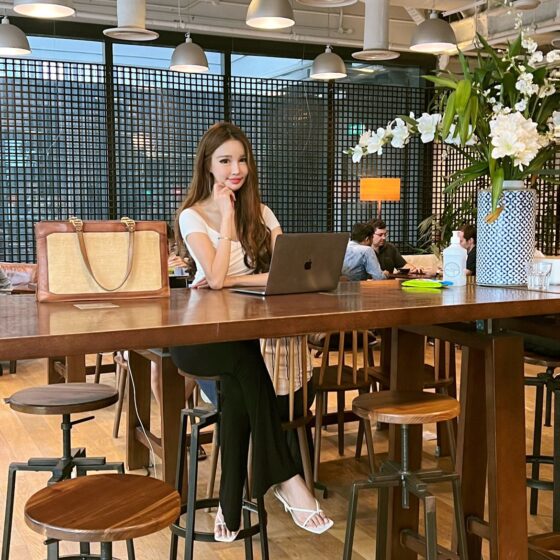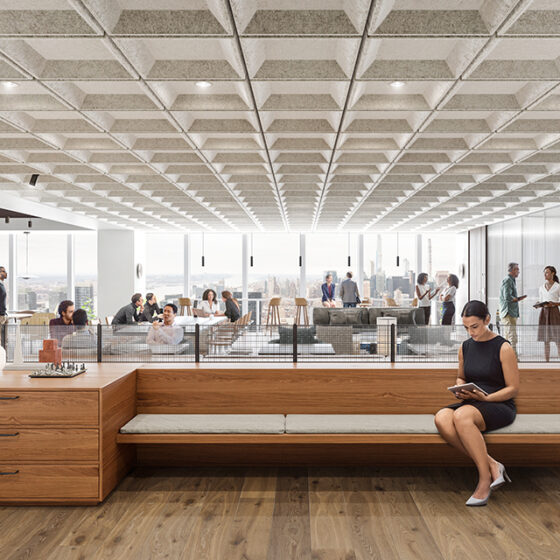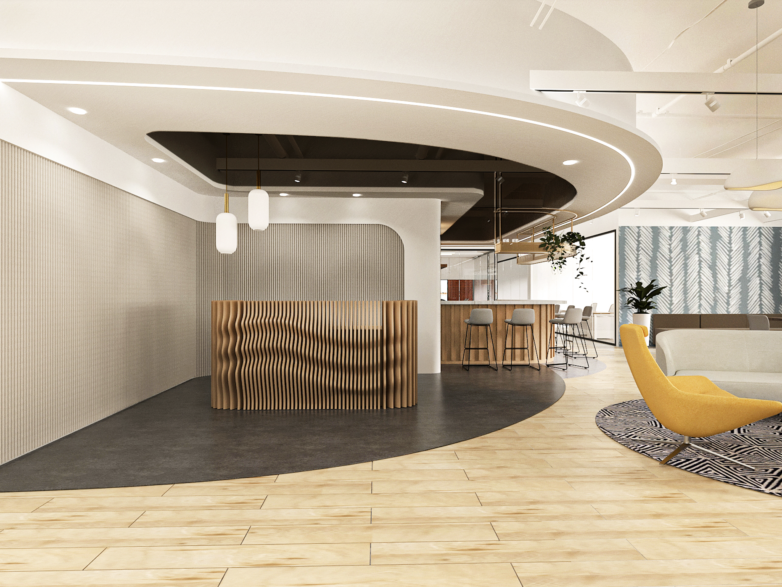
The History of Coworking: How It Started and What’s Next
Coworking spaces have become a ubiquitous presence in today’s work…

The Rise of the “Resimericial” Design Trend
In today’s fast-paced work environment, coworking spaces have become a…

Sustainable Coworking: Embracing Eco-Friendly Practices
Singapore’s coworking scene is witnessing a positive shift as…

Coworking Offices around Marina Bay
Marina Bay is a bustling hub of commerce and innovation,…

Looking for Flexible Office Space in Singapore?
Work arrangements are changing, and flexibility is at the top…

WeWork 21 Collyer Quay – Opening Event
It was the hotly anticipated, most talked about event of…

Why Gen-Z Prefers Coworking
They were born using the internet, are glued to Tik…

What is “Hybrid Work”?
Love it or hate it, there’s no escaping the buzzword…

